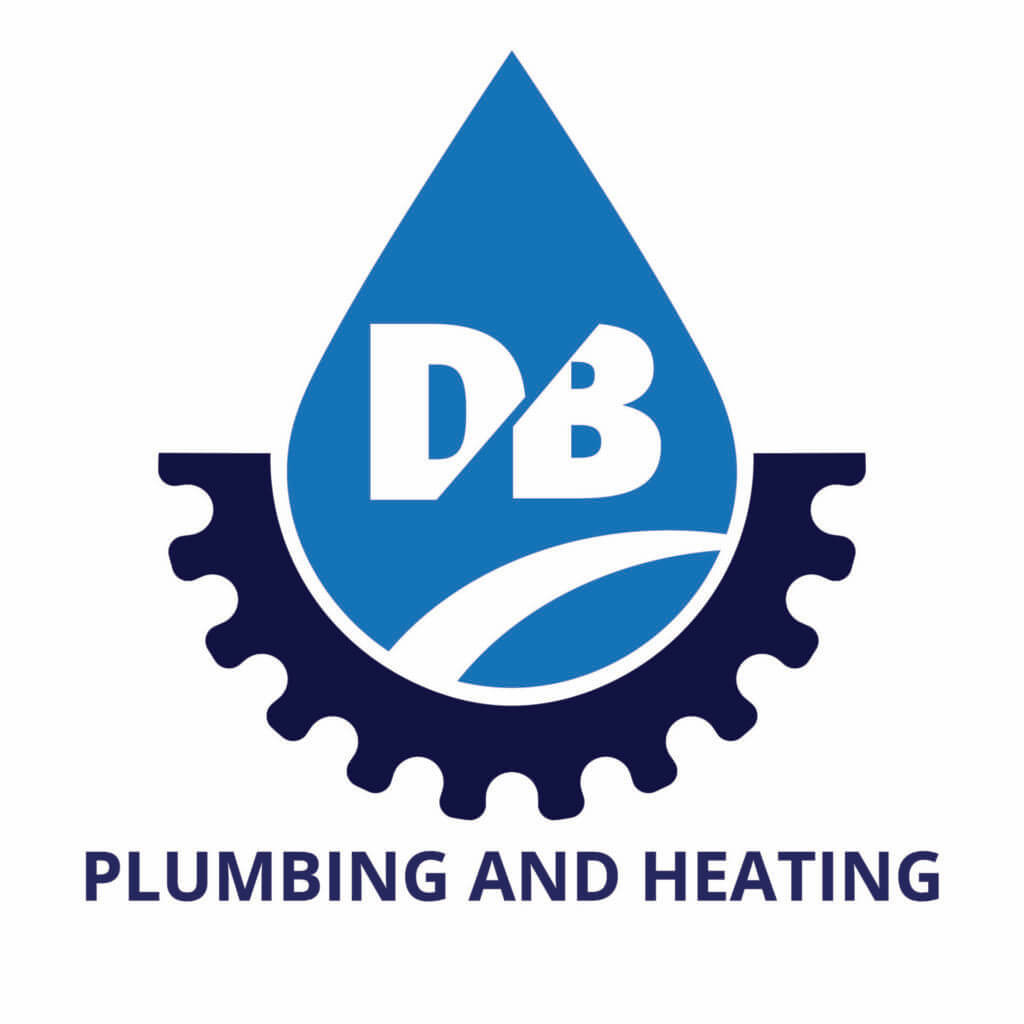Emergency Services - Open 24/7
Located In Nutley, NJ
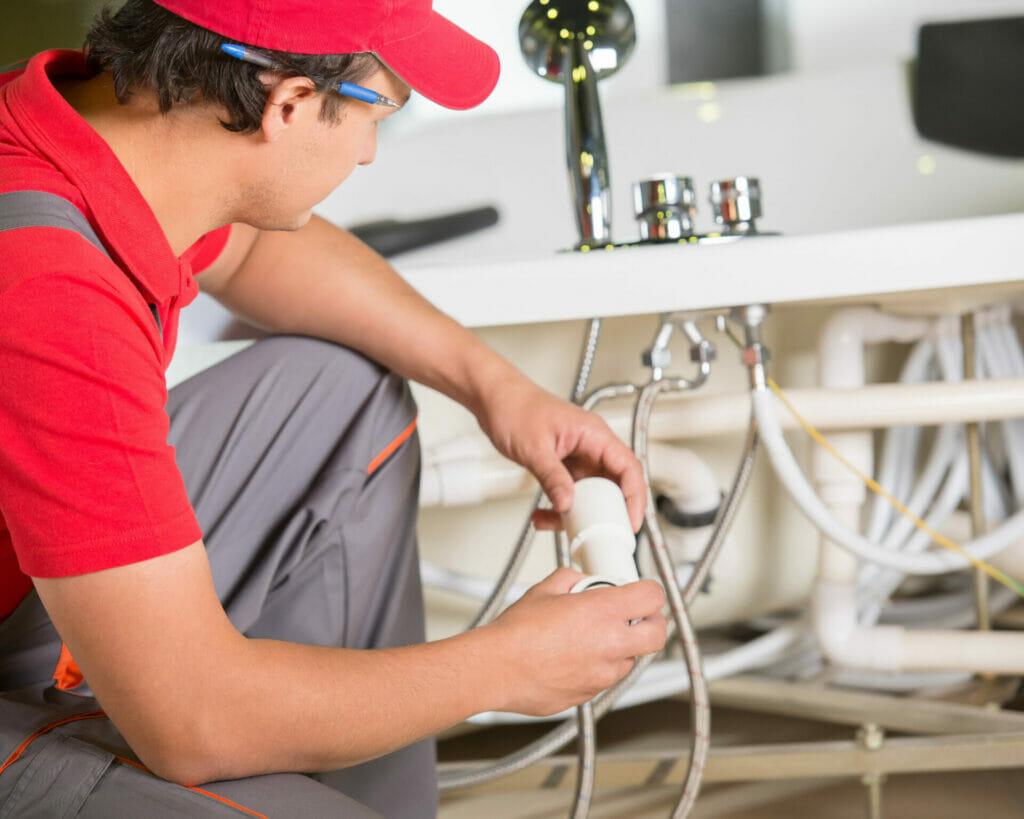
You might be thinking, "Plumbing? Isn't that just a bunch of pipes and water stuff?" Well, yeah but it's so much more!
Plumbing is the unsung hero of your home, silently working behind the scenes to keep things running smoothly. From that refreshing morning shower to washing dishes after a scrumptious dinner, we owe a lot to our trusty plumbing system.
But, like everything in life, plumbing isn't immune to issues. While it has its fair share of troubles that can make even the bravest of us cringe such as leaky faucets that mock you with their endless drops, clogged drains that cause mini floods, and running toilets that seem to have a mind of their own. We get it – it can be frustrating!
That's where we come in with a treasure trove of plumbing repair hacks to help you tackle those problems like a pro. We know you're busy, and waiting around for a plumber isn't always an option.
So, we've put together a collection of quick and effective DIY solutions to save your day (and your sanity!). From fixing common faucet leaks to unclogging drains without harsh chemicals, we've got your back.
Plus, we'll clue you in on when it's best to call in the experts to handle those trickier tasks.
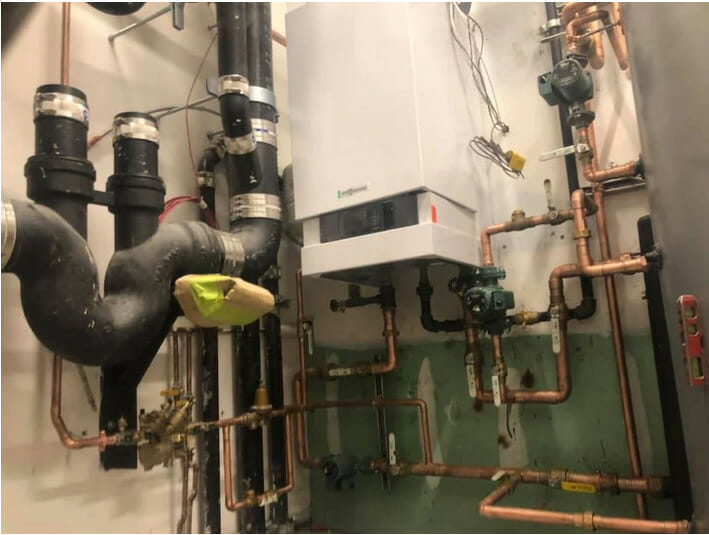
Alright, now that we've got our DIY hats on, it's time to get familiar with your trusty plumbing system. Don't worry, we won't go all technical on you – this is a judgment-free zone! Let's start with the basics.
Picture this: your plumbing system is like the circulatory system of your home, pumping water to where it's needed and carrying away the waste. It's a network of pipes, valves, fixtures, and appliances all working together to bring comfort and convenience to your life.
We'll walk you through the primary types of plumbing systems you might find in your home, so you know what you're dealing with.
Ever wondered what that mysterious contraption under your sink does or what that oddly-shaped valve on your toilet is for? We've got you covered! Understanding the key components of your plumbing system is like knowing your squad's strengths – it gives you the upper hand when issues arise.
We'll break down the roles of pipes, faucets, drains, toilets, water heaters, and more so you'll have a clear picture of how everything fits together.
Ah, the telltale signs that something's amiss with your plumbing – the dripping faucet, the slow-draining sink, the gurgling toilet – they can't hide from us! We'll teach you how to spot these red flags and what they might mean. Early detection is the key to preventing major headaches (and water damage) so knowing when to take action can save you a ton of trouble down the road.
So, are you ready to become a plumbing Sherlock Holmes? Let's dig into the fascinating world of residential plumbing systems, identify the key players, and learn how to read the signs like a pro! Whether you're a curious homeowner or just looking to impress your friends with your newfound plumbing knowledge, we've got all the juicy details lined up for you.
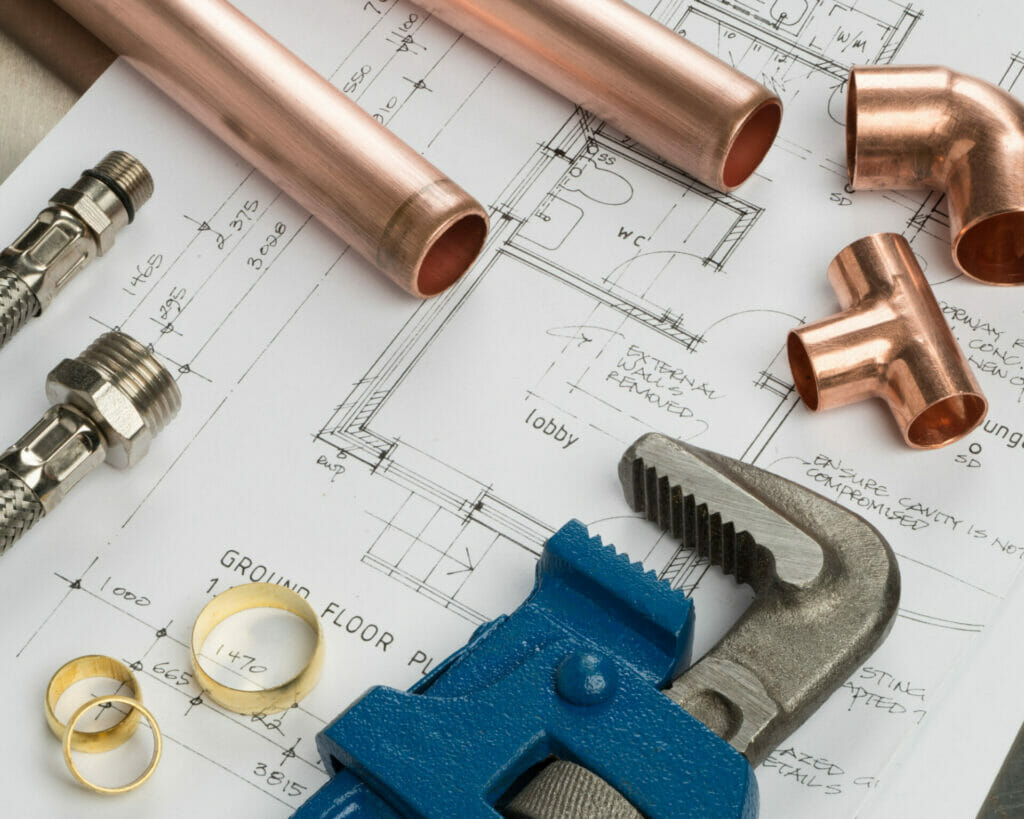
Eyes here, DIY plumbing heroes, now that we've got a grasp on the plumbing system it's time to gear up with our trusty toolkit! No capes are needed – just a few essential items that will turn you into a plumbing whiz.
Picture this: You're all geared up to tackle that annoying leak, but oops! You realize you're missing a vital tool. Don't worry, we've got your back! To be a plumbing hero, you need the right arsenal, and we've compiled a list of must-have items for every DIY enthusiast. Check it out:
Now that you're armed with the basic plumbing toolkit, you'll be ready to take on any plumbing challenge that comes your way!
Safety should always be a top priority when embarking on any DIY plumbing adventure. To keep you well-guarded and confident in your repairs, here's a list of essential safety precautions and gear:
Remember, accidents can happen even to the most skilled DIYers. So, always prioritize safety, wear the appropriate gear, and be cautious throughout your plumbing repair journey.
Now, we know you've got the DIY spirit coursing through your veins, and that's awesome! But even superheroes know when to call in backup, and the same goes for plumbing repairs.
We'll guide you on recognizing those moments when the issue might be a bit too tricky or risky to handle on your own. Knowing your limits and when to tap into the expertise of a professional plumber can save you from potential disasters.
Ready to arm yourself with knowledge and tools? Let's get your plumbing toolkit ready, discuss safety like a pro, and make sure you know exactly when to tackle those repairs solo and when to call in the cavalry.
It's time to unleash the power of our plumbing repair hacks! No more getting annoyed by that persistent faucet drip or that frustratingly slow drain. We've got the tricks you need to conquer these common plumbing issues like a pro!
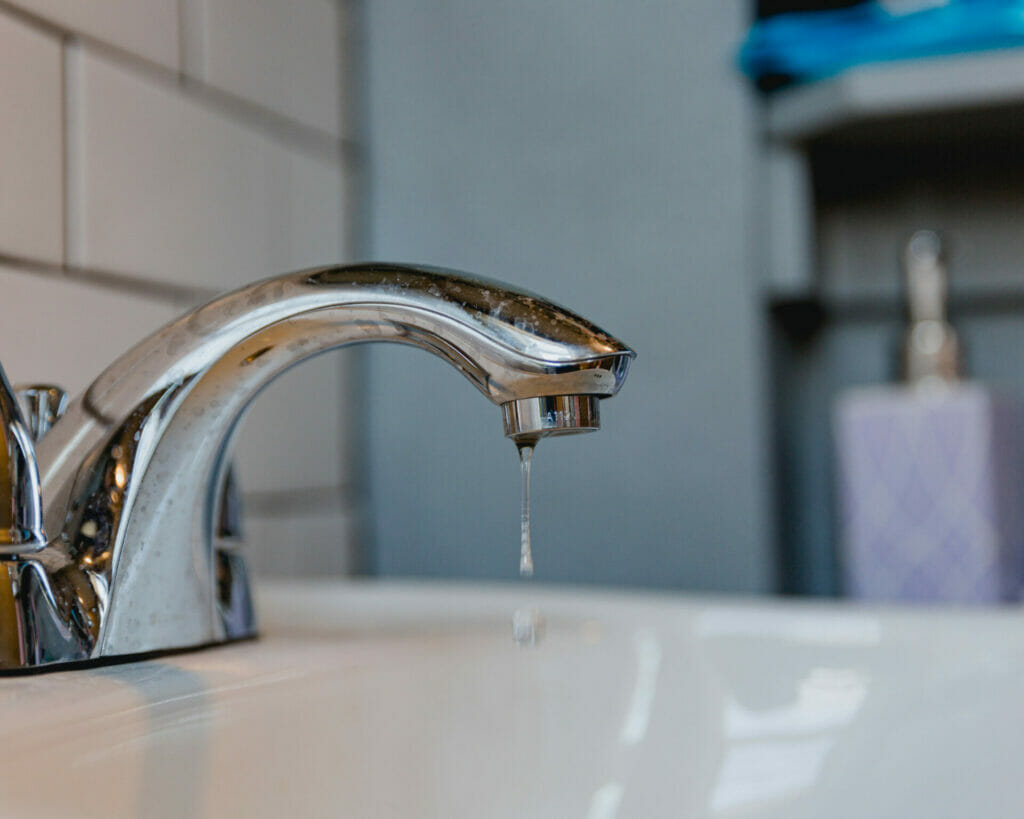
Say goodbye to that maddening "drip, drip, drip" sound haunting your dreams. We'll show you two simple hacks to put an end to faucet leaks. First up, replacing washers and O-rings – it's like giving your faucet a spa day! And if you've got a wobbly faucet handle, we've got the secret to tighten it up and restore order.
Chemicals can be harsh on your pipes and the environment, so we've got your back with natural and effective drain unclogging techniques. Get ready to wield the DIY drain snake like a pro and banish those blockages with ease. Plus, we'll concoct some homemade drain cleaning solutions that are tough on clogs but gentle on your plumbing.
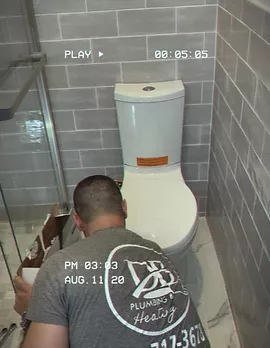
A running toilet can be a real water-waster, but fear not – we'll put a stop to it in no time! You'll learn how to adjust the float and flapper to restore peace and save water. And if the flush valve is acting up, we'll help you address that too, so you can bid farewell to your toilet's endless commotion.
Leaks don't stand a chance against our nifty hacks! We'll arm you with the knowledge to tackle small pipe leaks using epoxy putty and pipe clamps. No need to panic – we'll also share some temporary solutions to keep the water under control until the cavalry (aka the professional plumber) arrives.
Tired of that feeble trickle instead of a satisfying gush? We've got your back on this one too! Get ready to unclog and clean faucet aerators like a pro, giving your water flow a much-needed boost. Plus, we'll help you troubleshoot pressure regulator problems to get your water pressure back in its prime.
Now that you've got insider tips, it's time to take charge and become a plumbing hero in your own home! Say goodbye to plumbing woes and hello to hassle-free repairs with these top-notch plumbing repair hacks.
Now that you've learned some plumbing repair hacks, it's time to switch gears and focus on the importance of prevention.
After all, why wait for plumbing issues to rear their ugly heads when you can stop them in their tracks? We've got your back with some nifty tips and tricks to keep your plumbing system in tip-top shape!
Save yourself from plumbing disasters! Check for leaks, monitor water meter readings, inspect fixtures, test water pressure, and examine your water heater regularly. Stay ahead of potential issues and keep your plumbing system in top shape! Let's dive into the power of prevention!
By incorporating these regular inspection tips into your routine, you can stay on top of your plumbing system's health and catch any potential issues before they escalate into costly and inconvenient problems.
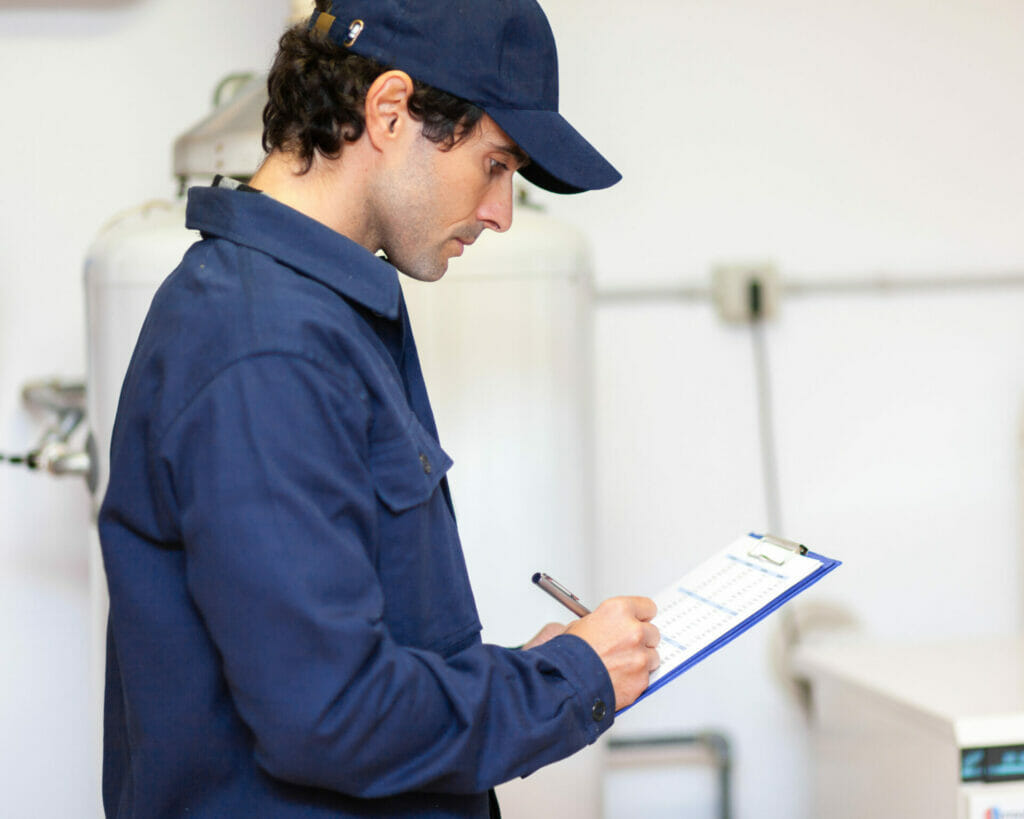
Just like your car needs some extra care during different seasons, your plumbing does too! We'll tackle the two extremes – winter and summer – with some smart maintenance tips.
Winter can be tough on your pipes, but we've got the scoop on preventing frozen pipes, so you won't have to deal with icy surprises. And when summer arrives, we'll arm you with the know-how to avoid those pesky clogs that love to spoil your fun.
Minerals in your water can be a menace, causing buildup in your plumbing and appliances. But fret not – we'll share some water-softening methods that'll keep those minerals at bay. Say goodbye to crusty faucets and dingy clothes; your plumbing will thank you!
With the power of prevention on your side, you'll be able to maintain a happy and healthy plumbing system for years to come. Regular inspections, seasonal maintenance, and water softening – these are your secret weapons!
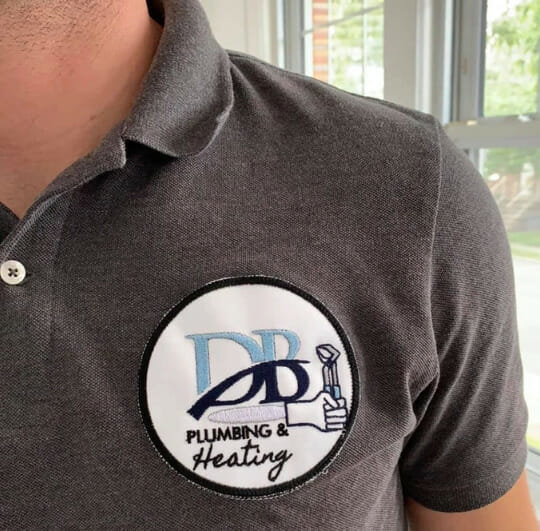
We've covered a lot of ground in the world of plumbing repairs and maintenance but sometimes even the bravest heroes need to know when it's time to call in the pros. Let's dive into the crucial factors that will help you recognize those moments when a professional plumber is the right ally to have by your side.
No shame in admitting it – some plumbing issues are like puzzles that require a pro's touch. We'll walk you through identifying those complex problems that might be beyond your DIY powers. From mysterious leaks hidden in walls to tricky sewer line clogs, knowing when the situation calls for expert intervention will save you time, money, and potential headaches.
Safety is paramount, and some plumbing tasks can be hazardous if not handled properly. We'll discuss the safety concerns involved in certain repairs and why it's crucial to prioritize your well-being. Additionally, we'll touch on the importance of adhering to plumbing codes and regulations. A professional plumber knows these inside out, ensuring your repairs are not only safe but also up to standard.
We get it – DIY can be rewarding, and it saves you some hard-earned cash. However, there are instances when DIY might not be the most cost-effective option. We'll guide you in evaluating the factors that influence this decision, such as the complexity of the repair, the cost of tools and materials, and the potential risks of doing it yourself.
Remember, knowing when to call a professional plumber doesn't make you any less of a DIY hero. It shows you're a savvy homeowner who knows when to play your trump card. So, let's dive into the world of when to DIY and when to call for backup – the perfect balance between your DIY spirit and professional expertise awaits!
Congratulations, DIY plumbing champions! You've journeyed through the fascinating world of plumbing repairs, armed with essential tools, safety know-how, and a treasure trove of tricks to conquer those pesky plumbing problems. From fixing common faucet leaks to unclogging drains and repairing running toilets, you've become a plumbing hero in your own home.
But remember, prevention is key to maintaining a happy and healthy plumbing system. Regular inspections, seasonal maintenance, and water softening can save you from potential disasters and costly repairs down the line. By knowing your plumbing system inside out, you've become a plumbing Sherlock Holmes, ready to detect and solve issues before they escalate.
Of course, there may be times when even the mightiest DIYers need to call in professional plumbers. Identifying complex issues, following safety compliance, and evaluating the cost-effectiveness of repairs are all crucial factors in knowing when to seek expert help. It's all about striking the perfect balance between your DIY spirit and tapping into professional expertise.
So, keep those tools handy, stay curious, and never stop learning. With the knowledge and skills you've gained, you'll navigate the world of plumbing repairs with confidence and ease. From now on, you'll know when to unleash your DIY powers and when to call in the cavalry.
Embrace the power of prevention, and let your plumbing system thrive! Happy plumbing adventures!
54 Brookline Ave
Nutley, NJ
07110
973-337-9916
